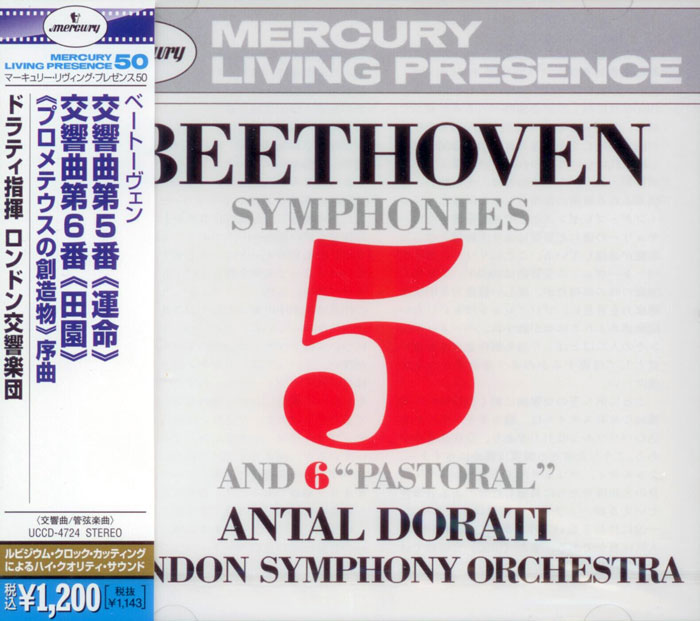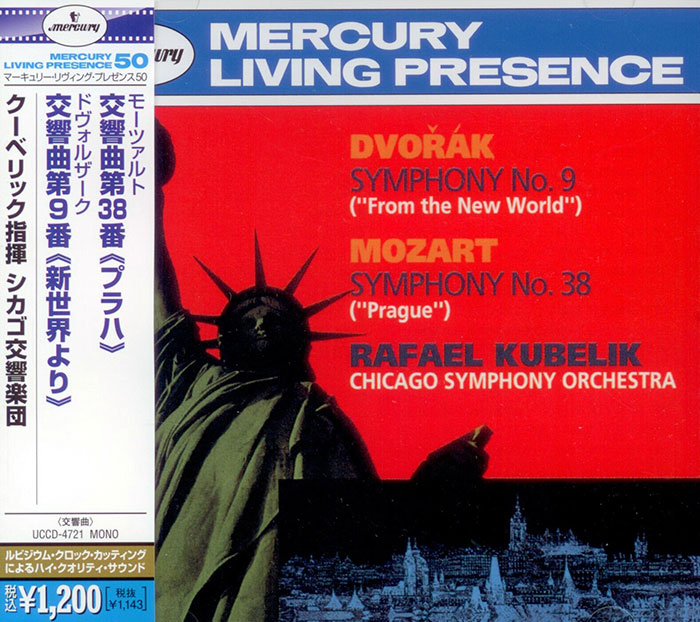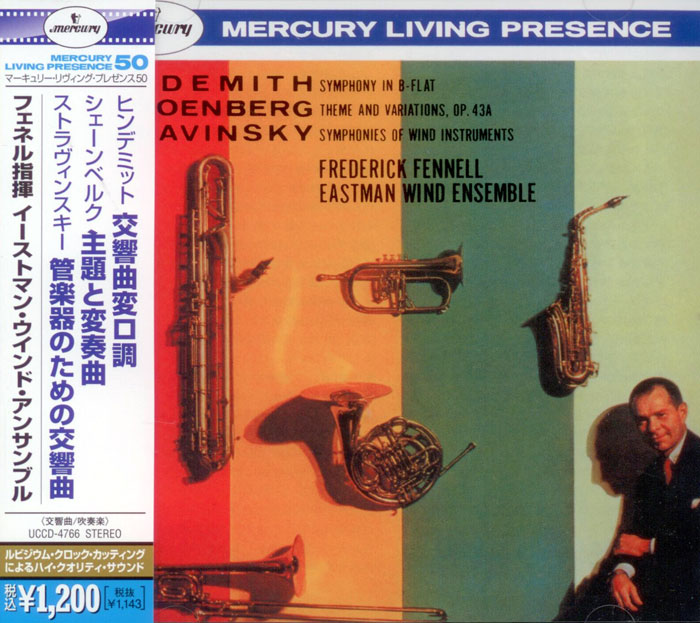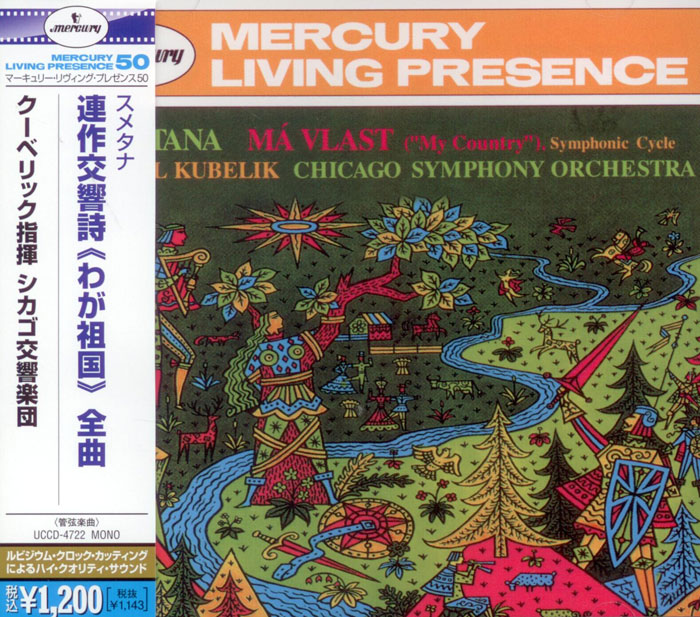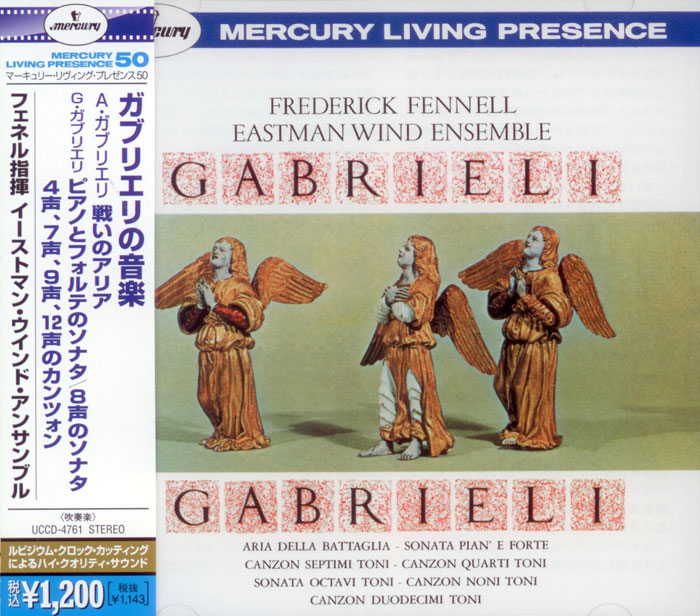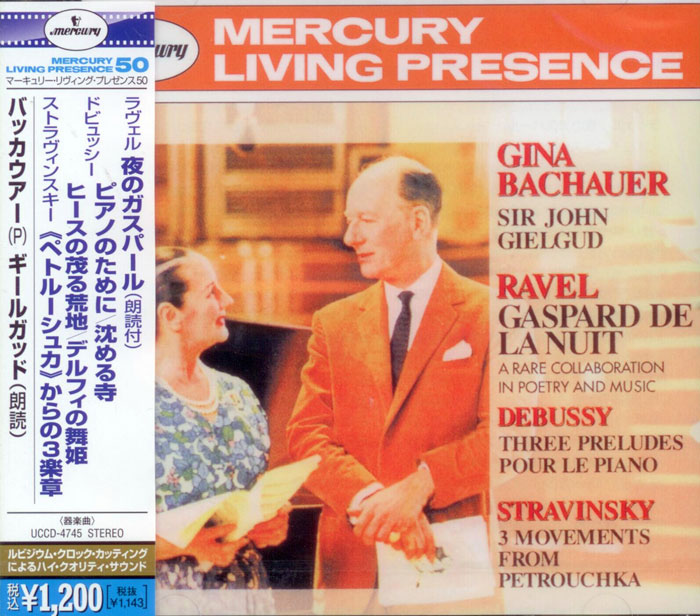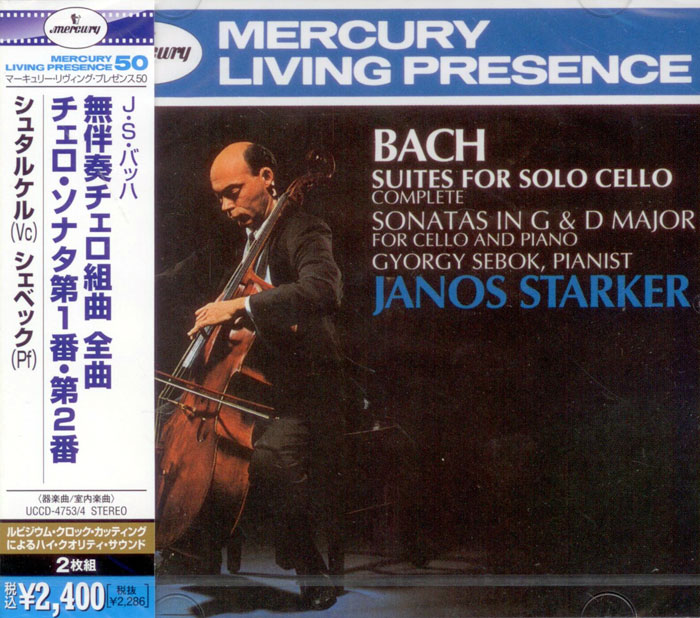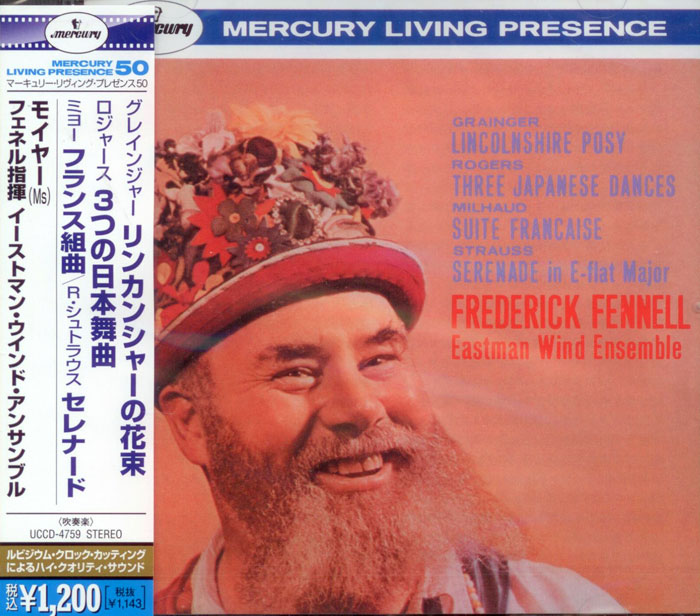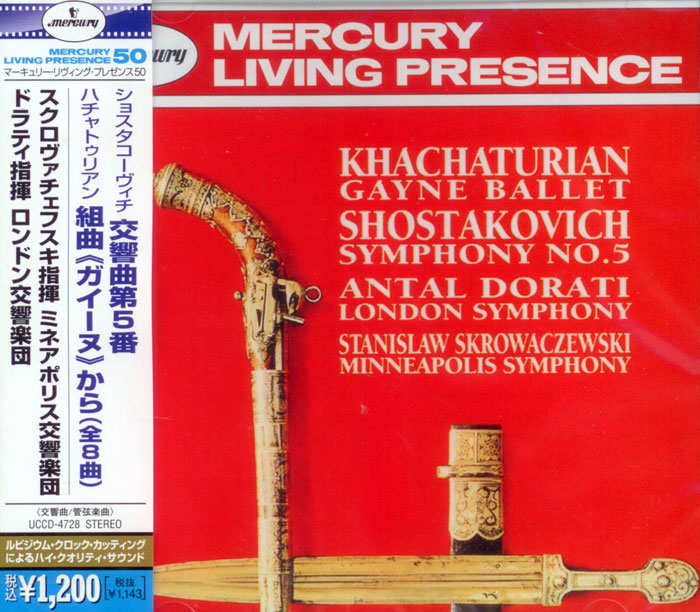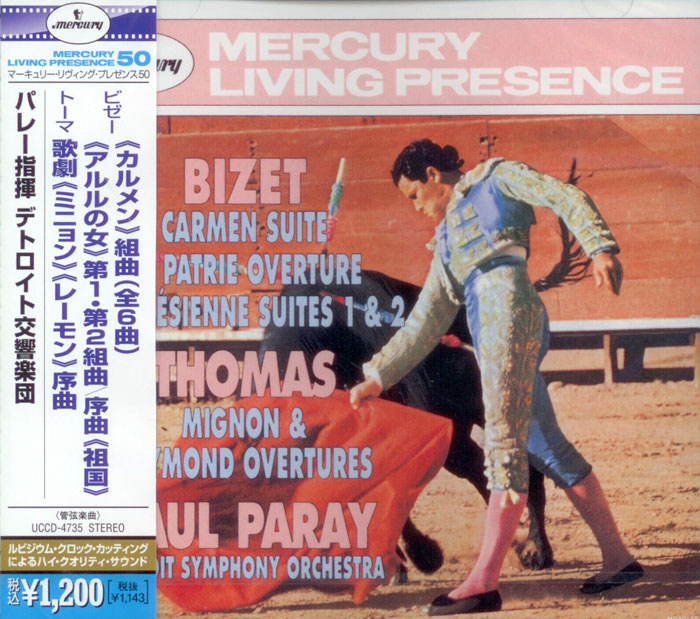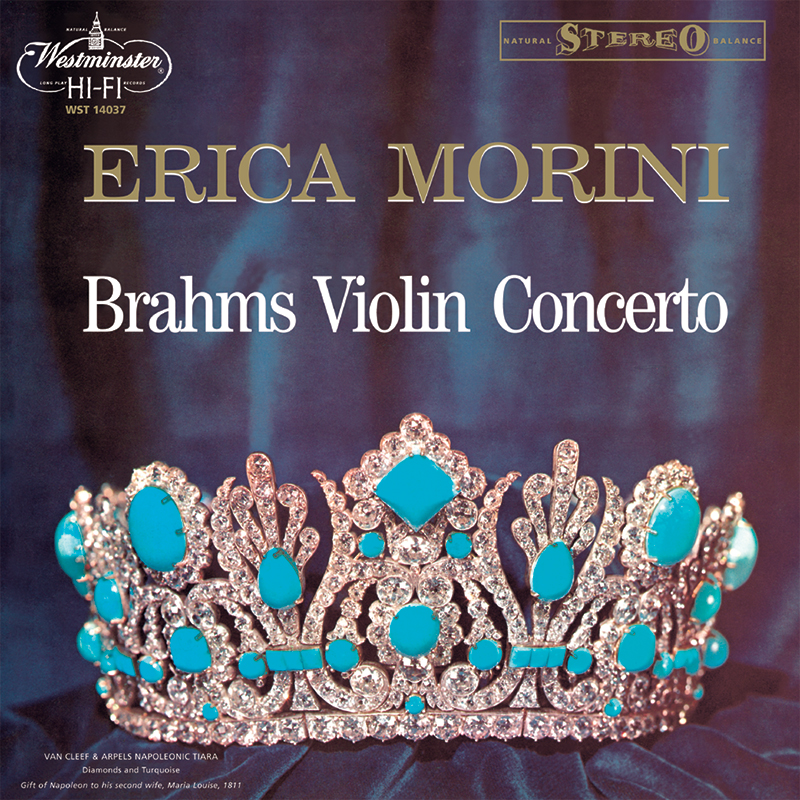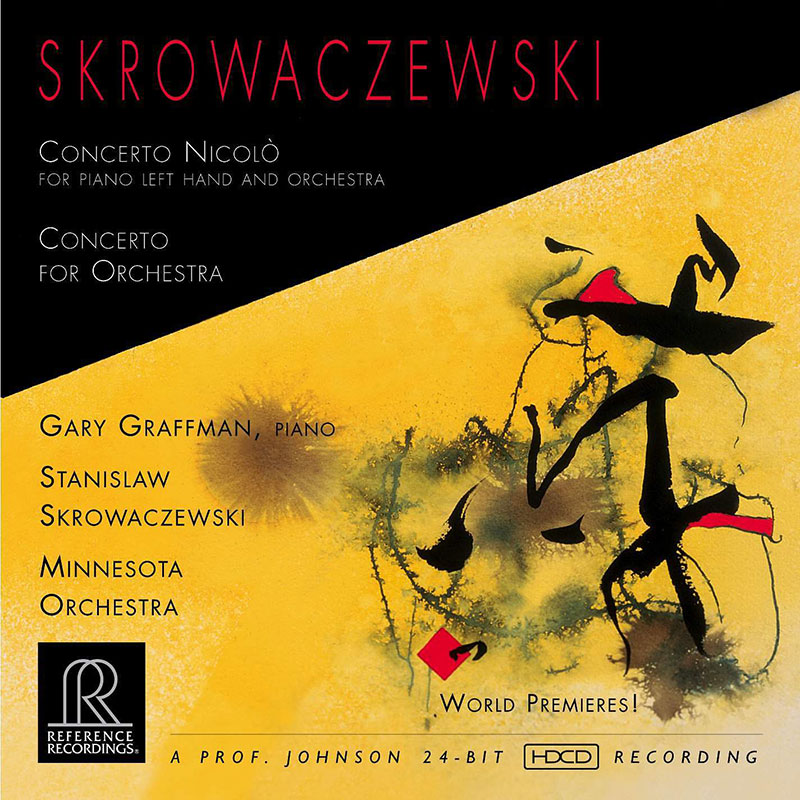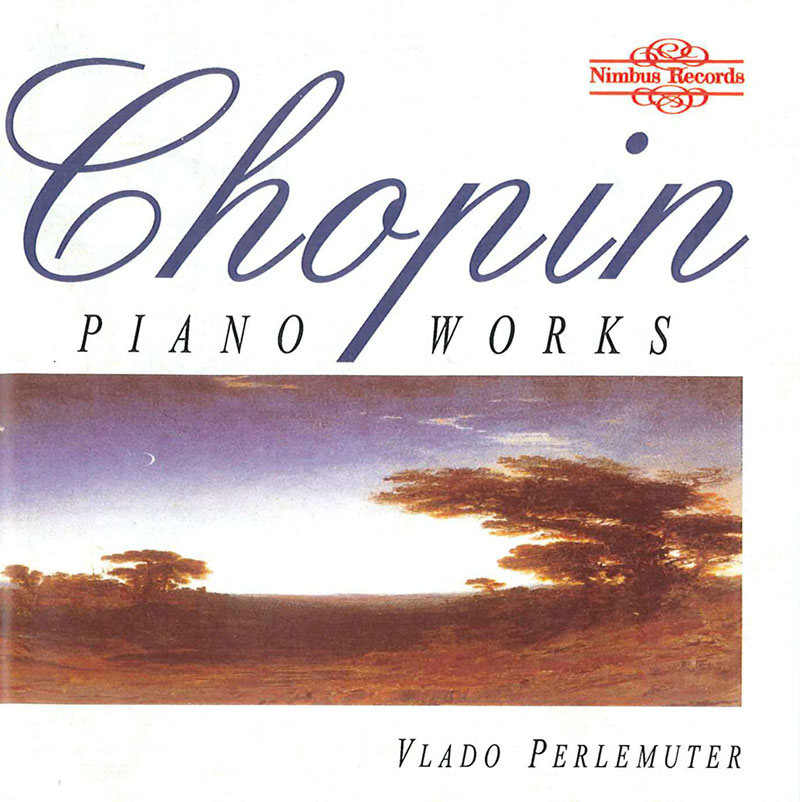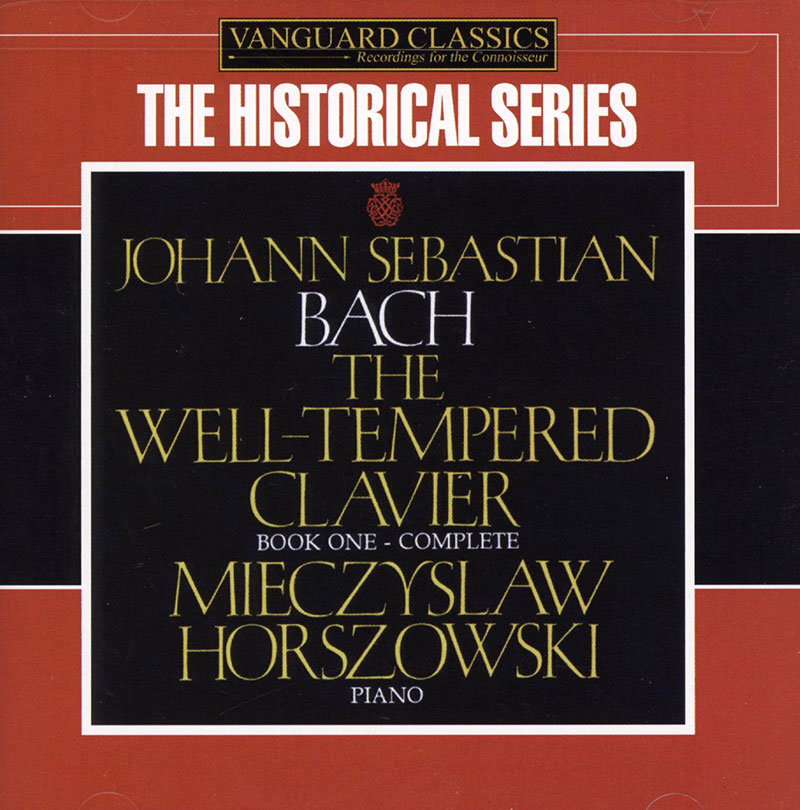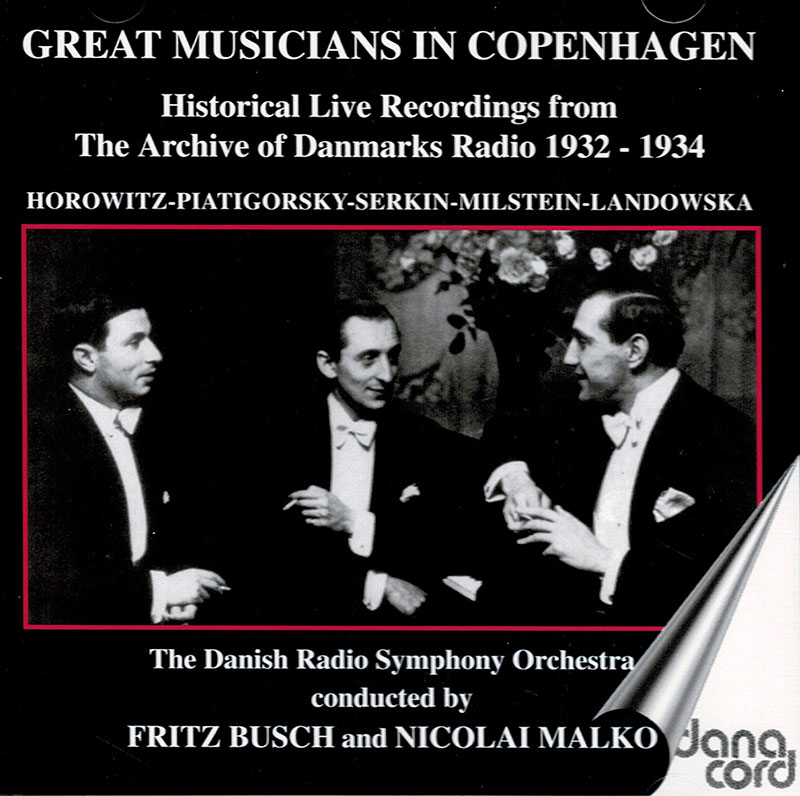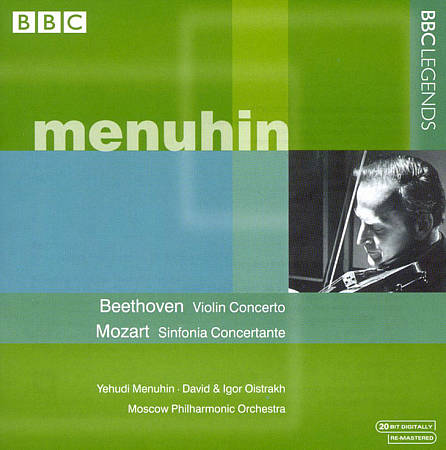Logowanie
Dlaczego wszystkjie inne nie brzmią tak jak te?
Chai Lang, Fan Tao, Broadcasting Chinese Orchestra
Illusive Butterfly
Butterly - motyl - to sekret i tajemnica muzyki chińskiej.
Brzmią jak sen na jawie
KHACHATURIAN, SHOSTAKOVICH, Antal Dorati, Stanislaw Skrowaczewski, The London Symphony Orchestra
Gayne / Symphony No. 5 in D minor, Op. 47
Stanisław Skrowaczewski,
Winylowy niezbędnik
ClearAudio
Cartridge Alignment Gauge - uniwersalny przyrząd do ustawiania geometrii wkładki i ramienia
Jedyny na rynku, tak wszechstronny i właściwy do każdego typu gramofonu!
ClearAudio
Harmo-nicer - nie tylko mata gramofonowa
Najlepsze rozwiązania leżą tuż obok
IDEALNA MATA ANTYPOŚLIZGOWA I ANTYWIBRACYJNA.
Osobowości
SKROWACZEWSKI, Stanislaw Skrowaczewski, Minnesota Orchestra
Concerto Nicolo for piano left hand and orchestra
WORLD PREMIERE!
BEETHOVEN, MOZART, Yehudi Menuhin, Igor Oistrakh, David Oistrakh, Moscow Philharmonic
Violin Concerto in D major / Sinfonia Concertante
- Yehudi Menuhin
- Beethoven: Violin Concerto in D major, Op.61
- Mozart: Sinfonia Concertante for Violin, Viola and Orchestra in E flat major, K364
- Igor Oistrakh, David Oistrakh
- Moscow Philharmonic Orchestra
- Royal Albert Hall, London, 28 September 1963
- Yehudi Menuhin - violin
- Igor Oistrakh - violin
- David Oistrakh - violin
- Moscow Philharmonic - orchestra
- BEETHOVEN
- MOZART
It was an occasion that I would never forget: my first visit to the Royal Albert Hall, my first encounter with Beethoven’s Violin Concerto, and an instant love-affair with Mozart’s adorable Sinfonia concertante. As I remember, the last item on the original programme was a Vivaldi concerto for three violins where Menuhin and the two Oistrakhs were vigorously conducted by Kyrill Kondrashin. I was 15 at the time, which is long enough ago for me to have retained a sense of excitement without recalling specific details. Of course, the Oistrakhs recorded the Mozart for Decca at around the same time, but I remember thinking even then how much more spontaneous the concert performance had been. Not without good reason, for listening again re-confirms salient qualities that must have struck my untutored sensibilities 36 years ago: Igor Oistrakh’s bright, bird-like tone, David’s forceful responses and a light, nicely buoyed orchestral accompaniment. Among the most memorable moments are the first movement’s joyous second set, the full-bodied cadenza (two truly playing as one) and a gloriously conversational Andante. Menuhin’s Beethoven Concerto is notable for the ebb and flow of its phrasing, its invariable suppleness and a searching spirituality that had also distinguished his various commercial recordings of the work. And yet this, I think, is better than most, more responsive to the moment and more technically secure (Menuhin is triumphant in Kreisler’s cadenzas). Yes, there are minor blemishes and the tone is a trifle thin, but the overall impression remains one of sovereign mastery, a potent alliance of heart and mind, with utterly dependable support from Oistrakh pere and his Moscow players. I was amazed that the broadcast recording is in stereo – and very creditable stereo at that. Internal balancing is realistic, audience presence audible but rarely obtrusive and instrumental imaging more natural than on some commercial recordings of the period. I hope readers will not accuse me of submitting to pangs of nostalgia if I call this a ‘wonderful disc’. As luck would have it, my impressions are supported by Bernard Keeffe who, in his sympathetic and informative note, writes that ‘this was one of those rare occasions that would come to justify the description “legendary”.’ Hearing these performances now is, for me, like hearing them for the first time; and in that respect the thrill is entirely new. https://www.gramophone.co.uk/review/beethoven-violin-concerto-mozart-sinfonia-concertante-k364






